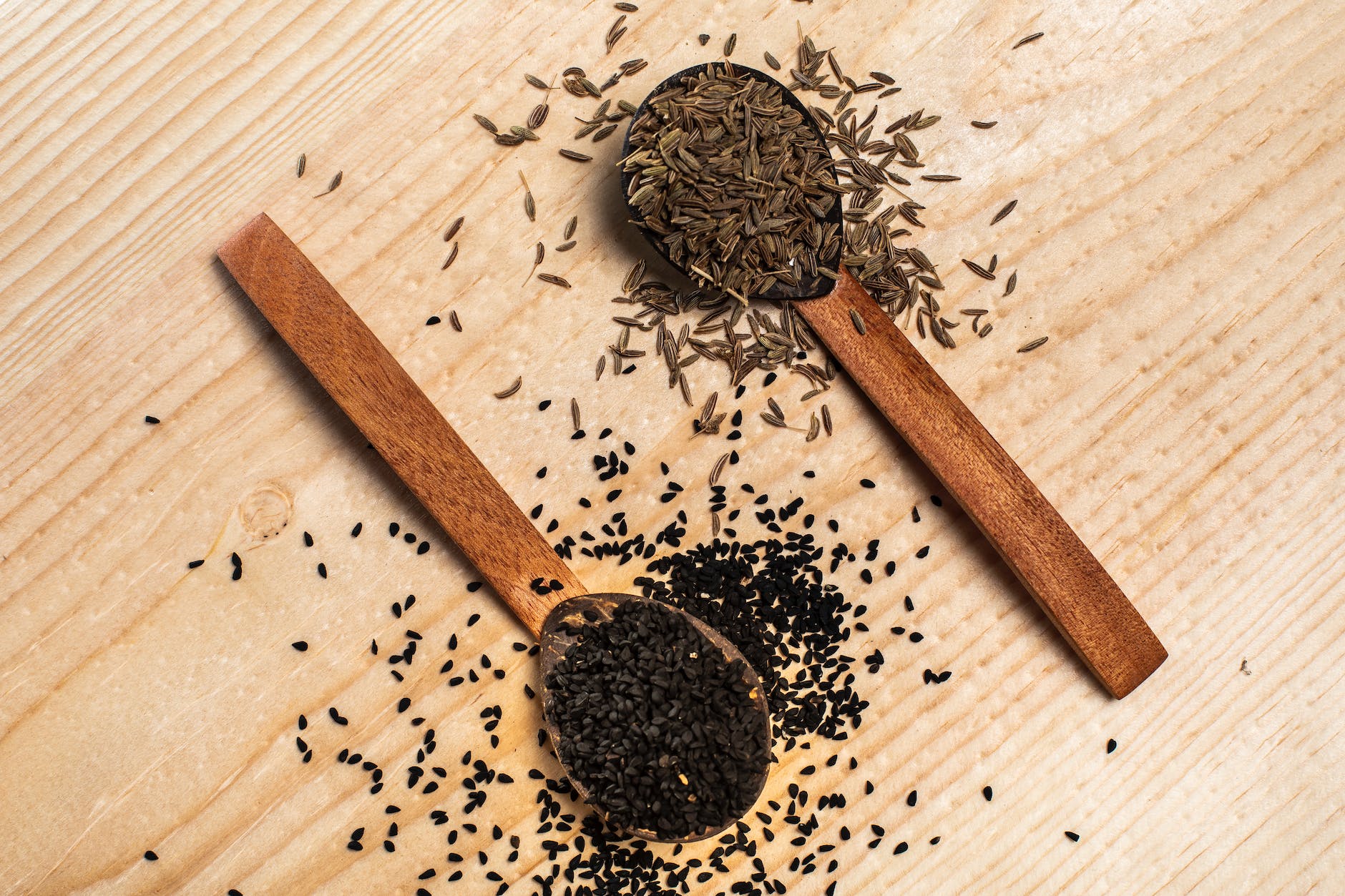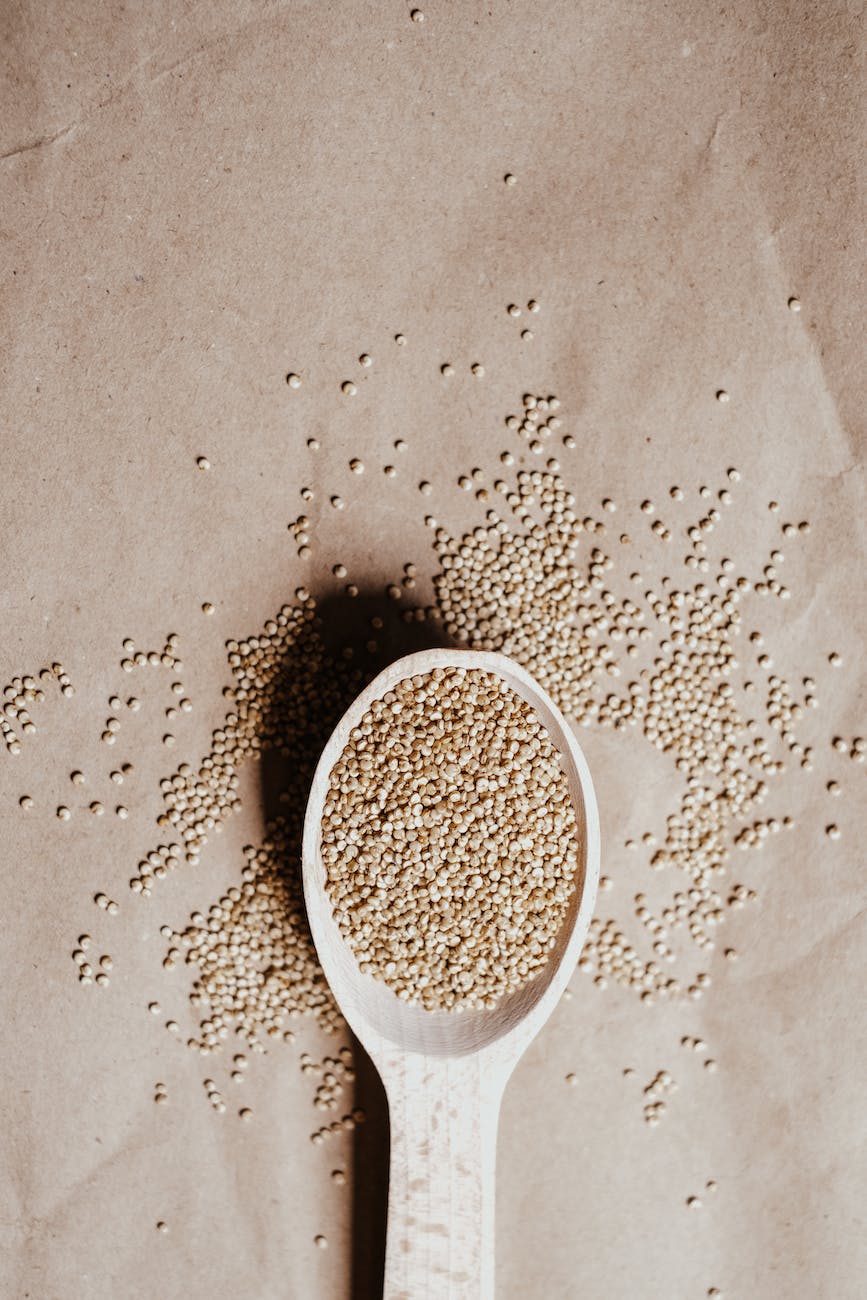
Introduction: 🌾🌟 Welcome to another exciting and informative blog post in our series on seeds and nuts and their impact on weight loss! In this edition, we will delve into the fascinating world of buckwheat and explore its potential role in supporting your weight loss goals. Despite its name, buckwheat is not a type of wheat but a highly nutritious pseudo-grain that has been cultivated and consumed for centuries. Join us as we dive deeper into the unique properties of buckwheat and uncover its potential benefits for weight management and overall well-being.
Macros per 100g of Cooked Buckwheat:
| Nutrient | Amount |
|---|---|
| Calories | 92 |
| Carbohydrates | 20g |
| Protein | 3.4g |
| Fat | 0.6g |
| Fiber | 1.6g |
| Sugars | 0.8g |
🌾🔍 Buckwheat, with its distinctive triangular shape and nutty flavor, has been a dietary staple in many regions around the world. Let’s explore the various ways in which buckwheat may contribute to your weight loss efforts and overall health:
- Low in Calories and Fat: 🌾💧 Buckwheat is naturally low in calories and fat, making it an excellent choice for weight management. With just 92 calories per 100g of cooked buckwheat, it provides a satisfying and nutrient-dense option without significantly adding to your calorie intake. The minimal fat content further supports a balanced and healthy diet.
- Complex Carbohydrates for Sustained Energy: 🌾⚡ Buckwheat is a great source of complex carbohydrates, which are slowly digested by the body. The gradual release of glucose into the bloodstream helps provide sustained energy, preventing spikes and crashes in blood sugar levels. By including buckwheat in your meals, you can enjoy a steady supply of energy throughout the day, reducing the risk of snacking on unhealthy foods driven by sudden hunger.
- Dietary Fiber for Satiety and Digestive Health: 🌾🌾 Buckwheat contains dietary fiber, an essential nutrient for weight management. Fiber adds bulk to the diet, promoting feelings of fullness and reducing the urge to overeat. The 1.6g of fiber per 100g of cooked buckwheat contributes to satiety, helping you maintain portion control and manage your overall calorie intake. Additionally, dietary fiber supports a healthy digestive system and aids in maintaining regular bowel movements.
- Plant-Based Protein for Muscle Support: 🌾💪 Buckwheat is a notable source of plant-based protein, containing all the essential amino acids required by the body. Protein is crucial for muscle growth, repair, and maintenance, which is especially important during weight loss. The 3.4g of protein per 100g of cooked buckwheat can contribute to your daily protein needs and support the preservation of lean muscle mass while shedding excess pounds.
- Rich in Essential Nutrients: 🌾🌿 Buckwheat is packed with essential nutrients that support overall health and well-being. It is particularly rich in magnesium, manganese, copper, and B vitamins. Magnesium is involved in numerous metabolic processes, including energy production and muscle function. Manganese plays a role in bone health and antioxidant defense, while copper supports the production of collagen and iron absorption. B vitamins are essential for converting food into energy and maintaining proper brain function. By incorporating buckwheat into your diet, you can boost your nutrient intake and support your weight loss journey.
⚠️ Warnings and Considerations: 🚫 While buckwheat is generally safe for most individuals, it’s important to keep the following points in mind:
- Allergies and Sensitivities: 🚫 Some individuals may have allergies or sensitivities to buckwheat. If you experience any adverse reactions, such as itching, swelling, or difficulty breathing, discontinue consumption and seek medical advice.
- Oxalate Content: 🚫 Buckwheat contains oxalates, naturally occurring compounds that can contribute to the formation of kidney stones in susceptible individuals. If you have a history of kidney stones or are at risk, it’s advisable to consume buckwheat in moderation and ensure adequate hydration to minimize the risk.
- Processing and Added Ingredients: 🚫 Be cautious of processed buckwheat products, such as buckwheat noodles or pancakes, as they may contain added sugars, fats, or sodium. Opting for whole buckwheat groats or flour allows you to enjoy the maximum nutritional benefits without unnecessary additives.
💡 Recipe Ideas: Now, let’s explore some delicious and nutritious ways to incorporate buckwheat into your weight loss journey:
- Buckwheat Breakfast Bowl: 🍚🌾 Cook buckwheat groats according to the package instructions and top with your favorite fruits, such as berries, sliced bananas, and a sprinkle of nuts or seeds. Drizzle with a dollop of yogurt or a touch of honey for a satisfying and wholesome breakfast option.
- Buckwheat Salad with Roasted Vegetables: 🥗🌾 Roast a medley of colorful vegetables, such as bell peppers, zucchini, and cherry tomatoes. Toss the roasted vegetables with cooked buckwheat, fresh herbs, and a light vinaigrette made from olive oil, lemon juice, and Dijon mustard. Enjoy as a flavorful and nutrient-packed lunch or dinner option.
- Buckwheat Stir-Fry with Tofu: 🍲🌾 Sauté tofu, mixed vegetables, and cooked buckwheat in a pan with soy sauce or tamari, garlic, and ginger. Add a splash of vegetable broth and stir-fry until the tofu is lightly browned and the flavors are well combined. Serve as a delicious and protein-rich meal to satisfy your cravings.
- Buckwheat Pancakes with Fruit Compote: 🥞🌾 Make a batter using buckwheat flour, eggs, a touch of honey or maple syrup, and a pinch of cinnamon. Cook the batter into pancakes on a non-stick pan and serve with a homemade fruit compote made from your choice of berries or sliced apples. This gluten-free breakfast option is both tasty and nutritious.
- Buckwheat Energy Bars: 🍫🌾 In a food processor, blend dates, buckwheat groats, almond butter, a sprinkle of cocoa powder, and a pinch of sea salt. Process until the mixture forms a sticky dough. Press the mixture into a lined baking dish and refrigerate until firm. Cut into bars for a convenient and satisfying snack option.
🌟 Conclusion: 🌾✨ Buckwheat, with its low calorie and fat content, complex carbohydrates, dietary fiber, plant-based protein, and array of essential nutrients, holds significant potential for supporting weight management and overall health. By incorporating buckwheat into your diet, you can enjoy sustained energy, increased satiety, and a range of important nutrients. However, be mindful of individual sensitivities, enjoy buckwheat as part of a balanced diet, and choose minimally processed buckwheat products for optimal health benefits.











